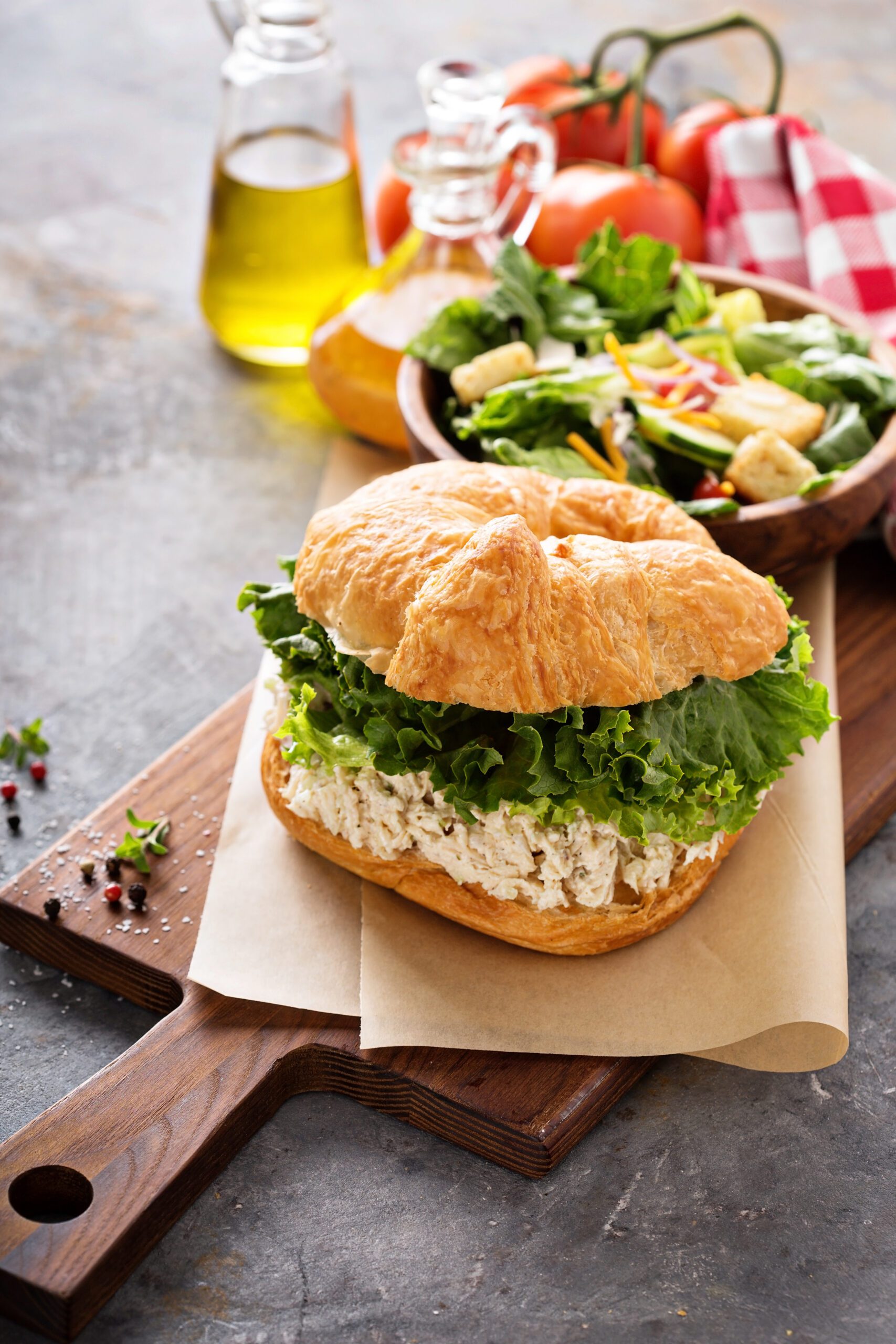Here's Some Camping Tips & Tricks at Your Fingertips
Our Kiefer Campground Blog is the information you need to make your next camping trip even more enjoyable. From RV and camping tips and tricks, to amazing campfire recipes, to advice on planning your next trip... the information below is here to help you. And please, feel free to comment and share your experiences, knowledge and favorite recipes. At Kiefer Campground, we are a family and all here to help each other enjoy the great outdoors to the fullest!

Chicken Salad Sandwiches
Here’s a simple and delicious Chicken Salad Sandwich recipe:
Ingredients

How to Preserve Things Found On Your Camping Trip
Preserving items from your camping trip depends on what you’ve collected—whether it’s plants, flowers, leaves, rocks, wildlife observations, or other natural keepsakes. Here ar... Read More

Campfire Croissant Sandwiches
These warm, flaky croissant sandwiches are perfect for a cozy campsite breakfast or lunch. They’re easy to customize with your favorite fillings and can be cooked over a campfire or gr... Read More

Best Gadget and Tools to Take With You While Camping in the Winter
Winter camping requires extra preparation and the right gear to stay warm, safe, and comfortable. Here are some of the best gadgets and tools to take with you:
... Read More
Red Velvet Cookies
Enjoy these cookies as the perfect valentine’s day treat or year round! Try making this rich dessert for you and your loved ones this holiday!
Ingredients
... Read More
How to Make Your Campfire Last Longer
A cozy, long-lasting campfire is the heart of any camping trip, especially in the winter! Follow these tips to enjoy a warm glow all night long:
Read More

Protein Cheesecake Recipe
Here’s a simple and delicious Protein Cheesecake Recipe to satisfy your sweet tooth while staying on track with your fitness goals:
Read More

Themes for Camping to Make Your Adventures More Interesting!
There are lots of themes you can go with but here are a few ideas!
1. Stargazing Spectacle
What to Do:
- Read More

Peppermint Mocha Truffles
Here’s a delicious recipe for Peppermint Mocha Truffles that’s perfect for the holiday season:
Ingredients
For the Truffle... Read More

What To Put In a Nature Journal to Document a Trip
Creating a nature journal to document your trip is a wonderful way to capture memories and observations. Here are some things you can include:
Read More
Family owned and operated, Kiefer Campgrounds strive to offer you the best rates for a comfortable location with outstanding service, and spotless facilities. When you stay in one of our parks, you are no longer just a happy camper, but a part of our family! We are most certain you will enjoy your stay with us. Pick your favorite location and book your spot now before it’s too late! You’ll be happy you did!



